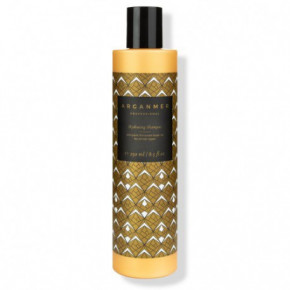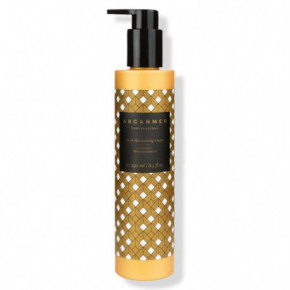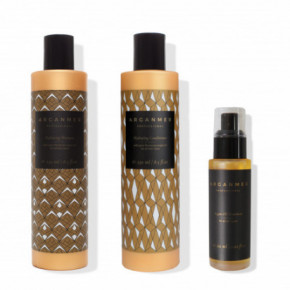Hair oils are becoming more and more common on the shelves of cosmetics next to the well-known shampoos, conditioners and masks. The abundance of these products is both surprising and alarming. Not having enough knowledge about the use of such oils can not only help but also damage the hair. So, what is important when choosing an oil for your hair?
First of all, finding out what effect is expected after using the oil. Because different types of oils also perform different functions. Also, not all types of oils are suitable for certain hair.
What result is expected?
Thousands of years ago, Greek and Indian girls maintained the smoothness and shine of their hair, namely with the help of certain vegetable oils. This was one of the main goals that led to the habit of lubricating hair with oil.
Later, with the warming of the climate and the growing popularity of the chemical brushing service, often a woman's hair became rough and infinitely dry. Then, certain oils were used to maintain moisture in the hair and scalp.
Finally, modern hair stylists have started using oils for hair styling to complete their hairstyles and get a shiny and gentle effect. Such oil also creates a protective layer on the surface of the hair.
Therefore, knowing what goal is being pursued, one can gradually choose the type of oil as well. Surely, avoid cheap products. Try not to use oils with various chemical additives. It is better to add natural oil to the shampoo or conditioner yourself. Because there are a lot of hair care products in stores that contain oil, but how much and what quality - it remains unclear.
Which oil will suit your hair?
Oils that are designed for hair can be made from many different plants and have completely different properties. For example, argan oil is rich in tocopherols, polyphenols and powerful antioxidants. Therefore, it penetrates well into the hair, restores elasticity and gives the hair softness, obedience.
Meanwhile, for severely damaged hair, it is recommended to use coconut oil, which effectively strengthens the hair structure from the inside out. Castor oil’s ingredient ricinoleic acid helps hair retain moisture and softens it, therefore, women often apply this oil not only to their hair but also to their eyebrows or eyelashes.
Recently, avocado and lavender oils have been particularly valued. The first one is rich in vitamins A, E, D, and lavender deeply cleanses the skin, clogs hair follicles, thus improving hair growth. Furthermore, it should be emphasised that nut oil should not be used for pregnant women (e.g. earth, cedar nuts and so on).
For hydration, learn to distribute correctly
If you want to condition your hair with oil, it is very important that it is distributed evenly. This will be easier to do by splitting your hair into sections. No need to overdo it - just lift and pin the upper hair. Rub a drop or a few of the selected oil between your palms and distribute by shaking and combing with your fingers. Start at the tips, rising slightly up to about 10 cm from the roots. Release pinned hair and do the same with the rest of the hair. Of course, thick, long hair may need more oil (up to 5 drops for half of hair).
You can find a large selection of hair oils at: https://klipshop.co.uk/hair/care/oil/








